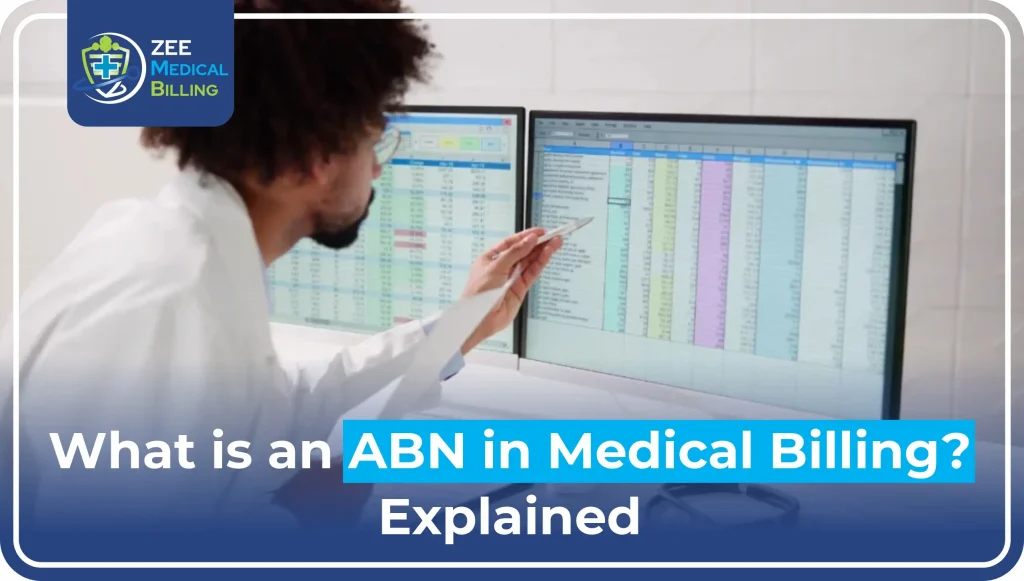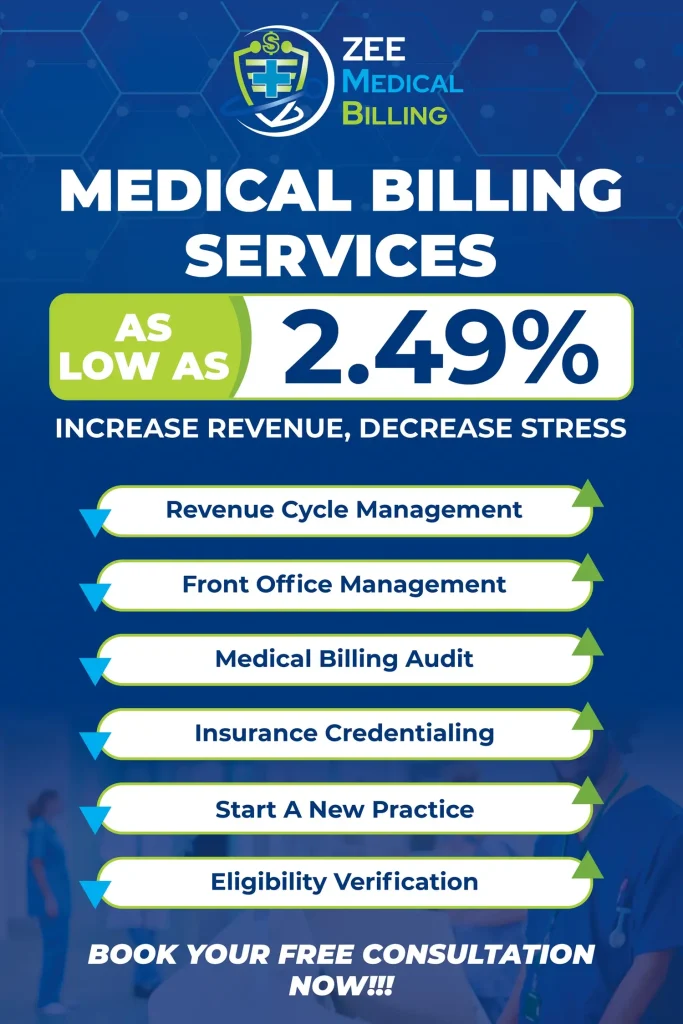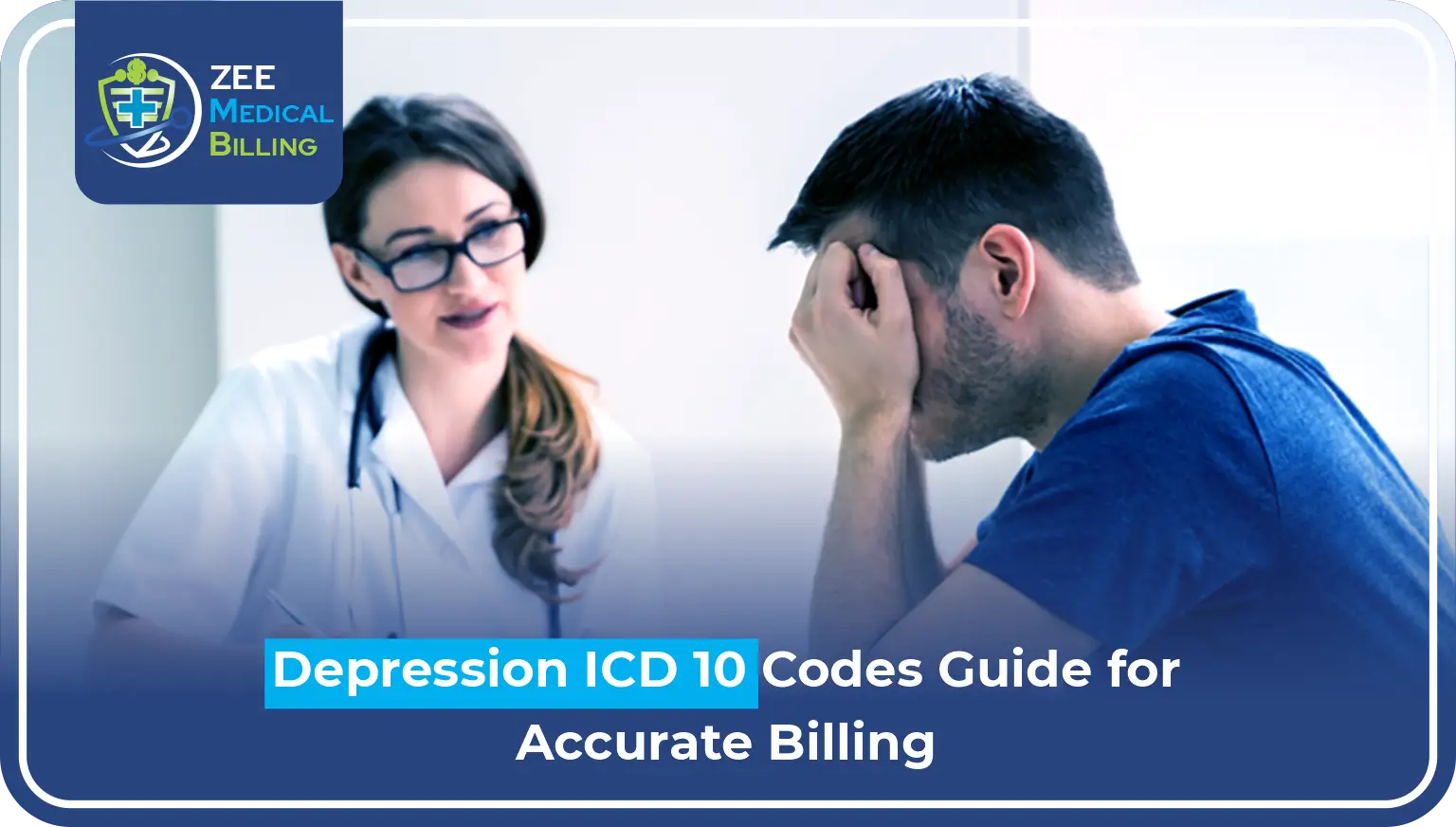Understanding ABN: Advanced Beneficiary Notice
An ABN, or Advance Beneficiary Notice of Noncoverage, is a written notice for Medicare beneficiaries. It tells them that Medicare might not cover some items or services. It is an important part of medical billing. Providers think a procedure might face denial because of coverage limits.
In simple terms, it warns the patient that they may have to pay if Medicare does not cover the cost.
Key Details of an ABN:
- Issued only to patients with Original Medicare (Part A and/or B).
- Explains the service/item, reason for expected denial, and estimated cost.
- You must sign it before the service is provided.
Why is an ABN Required?
Healthcare providers use ABNs to ensure transparency and avoid billing surprises. If Medicare is likely to deny a claim, an ABN gives patients the opportunity to:
- Accept and pay out of pocket.
- Decline the service.
- Ask for an alternative.
Without an ABN, providers may not be able to bill the patient if Medicare denies the claim.
Also Read: What Is Authorization in Medical Billing?
Common Reasons Medicare May Not Pay:
- The service is not considered medically necessary.
- People perform it too frequently.
- The treatment is experimental or cosmetic.
Who Issues the ABN Form?
ABNs are issued by:
- Physicians and healthcare providers.
- Hospitals or outpatient facilities.
- Labs and diagnostic centers.
The provider must ensure that the patient understands the form before signing it.
When to Use an ABN in Medical Billing?
Not every Medicare service requires an ABN. Providers use them when they believe Medicare will likely deny payment.
Examples include:
- Routine foot care.
- People conduct screening tests too frequently.
- Certain chiropractic services.
- Custom eyeglasses or contact lenses.
Table: When is an ABN Required?
| Service Type | ABN Required? | Reason |
| Annual Flu Shot | No | Covered under Medicare Part B |
| Routine Eye Exam | Yes | Generally not covered |
| Medically Necessary X-ray | No | Typically covered if justified |
| Cosmetic Botox | Yes | Not considered medically necessary |
ABN vs. Commercial Insurance Waivers
While ABNs are specific to Medicare, many providers use waivers or financial responsibility forms for patients with commercial insurance. However, these forms differ in format and legal implications.
Comparison Table: ABN vs. Commercial Waiver
| Feature | ABN (Medicare) | Commercial Insurance Waiver |
| Target Audience | Medicare Beneficiaries | Private/Commercial Plan Patients |
| Form Requirement | CMS-approved ABN Form (CMS-R-131) | Varies by provider/insurance company |
| Legal Standing | Strict Medicare compliance required | Less standardized |
| Advance Notification | Required before service | Recommended |
How to Fill Out an ABN Form?
Filling out an ABN properly is essential for compliance and billing accuracy.
ABN Form Fields:
- Patient Name and ID
- Description of Service
- Reason Medicare May Not Pay
- Estimated Cost
- Options for Patient Response
- Patient Signature and Date
Always use the most recent CMS ABN form, and ensure that the patient checks one of the options and signs before receiving the service.
Also Read: What Is an Entity Code in Medical Billing?
ABN Modifiers in Medical Billing
In medical coding, modifiers are attached to billing codes to indicate ABN usage.
- GA Modifier: ABN signed and on file.
- GX Modifier: ABN issued for services never covered by Medicare.
- GY Modifier: ABN not issued; item not covered.
- GZ Modifier: No ABN; provider expects denial.
Example:
If a provider does a foot exam and thinks the claim will be denied, they use the GA modifier. This shows that an ABN is on file.
Importance of ABN in Healthcare Compliance
Failing to issue an ABN when required may lead to:
- Lost revenue for the provider.
- Legal complications.
- Patient dissatisfaction and billing disputes.
ABNs help ensure financial responsibility is clear and that Medicare billing is compliant with CMS regulations.
FAQs
What does ABN stand for in medical terms?
ABN stands for Advance Beneficiary Notice. It is a document used in healthcare. It tells Medicare patients that Medicare might not cover a specific service or item.
This notice gives the patient time to decide whether to proceed with the treatment and pay out of pocket or to decline it. It ensures that the patient is not surprised later with an unexpected bill.
When should someone issue an ABN?
A service provider should give an ABN before providing a service. This is only necessary if there is a real reason to think Medicare might not pay for that service. For example, if a test is too frequent or not needed, the provider must tell the patient in advance using the ABN form. This timing allows the patient to make an informed choice about receiving and potentially paying for the service.
Can a patient refuse to sign the ABN?
Yes, a patient can refuse to sign the ABN form. If that happens, the provider should still document the refusal and indicate that they verbally informed the patient. Some providers might ask a staff member to watch the conversation. They may also want that person to sign a note.
This note confirms that someone explained. Even without a signature, the patient may still have to pay if they use the service.
Is an ABN needed for commercial insurance?
No, Medicare specifically designs ABNs. However, some providers use similar documents for patients with private or commercial insurance as a courtesy or internal policy. These aren’t official ABNs, and they follow different rules, often varying by insurance plan. Still, they serve a similar purpose—informing patients about possible out-of-pocket costs.
What is the difference between GA and GZ modifiers?
The system uses the GA modifier when a signed ABN is on file. This informs Medicare that the patient knows about the possible denial. The GZ modifier is used when someone does not provide an ABN. However, the provider thinks Medicare will not pay for the service.
The system automatically denies claims with the GZ modifier. The provider might not be able to collect payment from the patient.
Conclusion
Understanding what an ABN is in medical billing is vital for both healthcare providers and Medicare patients. It ensures that everyone is on the same page regarding financial responsibility and potential insurance coverage limitations. Properly using and issuing an ABN helps avoid billing confusion, maintains compliance, and promotes transparent healthcare practices.
For providers, knowing when and how to use an ABN is important. Using the right modifiers can help with claims processing and build patient trust.
Need Expert Medical Billing Services?
Zee Medical Billing provides professional billing solutions tailored to healthcare providers across the United States. In addition to offering top-tier support from our main office, we proudly serve clients in Illinois, Indiana, California, Kentucky, New York, Washington, Georgia, Alabama, South Carolina, Texas, Pennsylvania, Ohio, New Hampshire, Nevada, Massachusetts, Hawaii, Arizona, and Colorado! Whether you’re looking to streamline your revenue cycle or improve claims accuracy, you can reach out to us to learn more about how we can support your practice.









